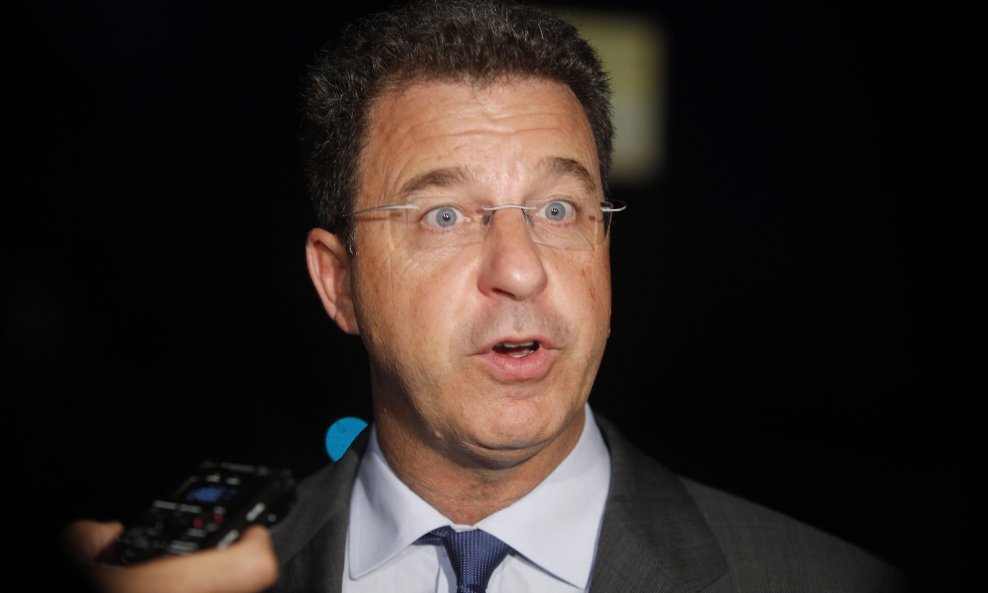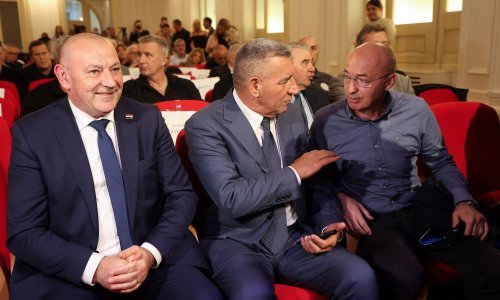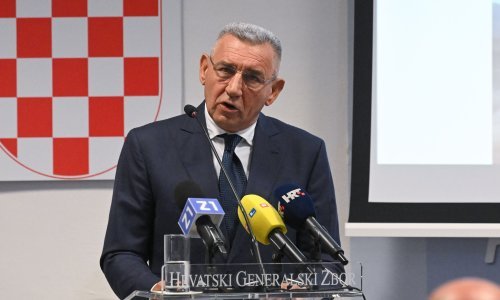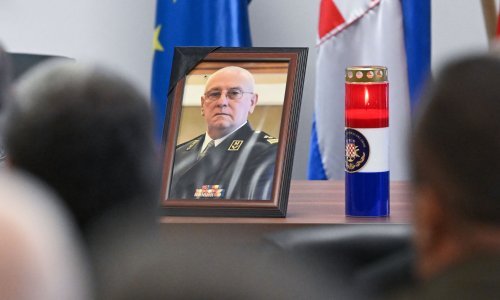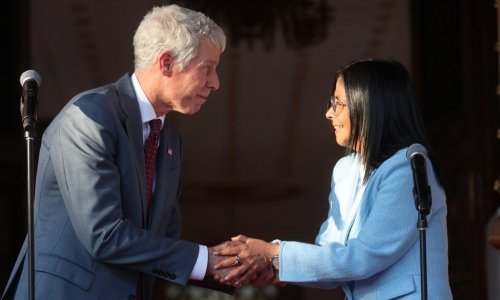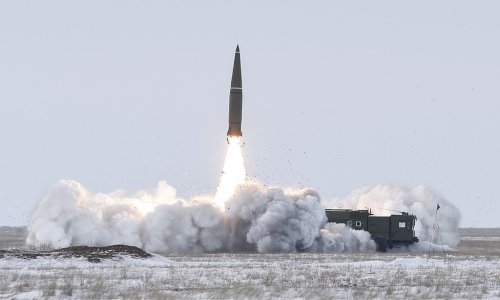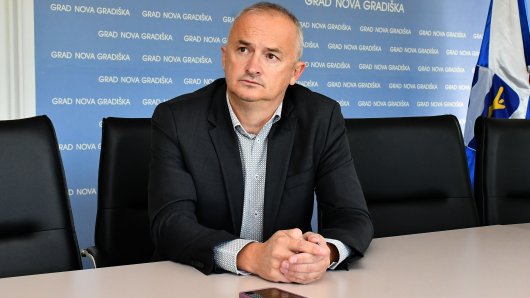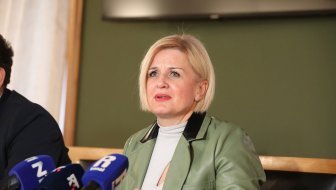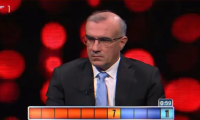The new court practice of the Hague-based International Criminal Tribunal for the former Yugoslavia (ICTY), which can be seen in the outcome of several appeal cases when trial judgments were overturned, will make it harder to convict wartime commanders, ICTY Chief Prosecutor Serge Brammertz said in Brussels on Monday.
Citing the acquittal of former Yugoslav Army Chief of Staff Momcilo Perisic, Brammertz said that the Appeal Chamber had introduced a new element by seeking proof of the connection between perpetrators of alleged crimes and their superiors.
Now it is much harder to convict someone who provided substantial support to those who knew that crimes would be committed. If that is not enough, the presentation of evidence is made substantially more difficult and it is nearly impossible to convict them, Brammertz told a panel discussion on the role of the ICTY in the post-war reconciliation process in the Balkans.
In this context the chief prosecutor mentioned the case of Croatian generals Ante Gotovina and Mladen Markac, saying that the Trial Chamber had unanimously sentenced them to long prison terms, but the Appeal Chamber acquitted them by a majority of votes.
Speaking of last week's acquittal of former Serbian security officials Jovica Stanisic and Franko Simatovic, Brammertz said that he had never once thought that the two could be acquitted, stressing that the prosecution had submitted sufficient evidence for a guilty verdict. He said that they were now studying the Trial Chamber's judgment, after which they would file an appeal.
Brammertz highlighted the importance of the policy of conditions applied by the European Union to force EU membership candidates to fully cooperate with the ICTY Office of the Prosecutor.
When asked if he feared that Croatia, now that it was entering the EU, would lapse in its efforts to continue war crimes prosecution before its own courts, Brammertz expressed hope that that would not happen.
I hope that will not happen. Two weeks ago we had a regular annual meeting with war crimes prosecutors from Croatia, Bosnia and Herzegovina, and Serbia where we discussed further strategy in war crimes prosecutions. The Croatian prosecutor is very active in that area. I think that the Croatian judiciary and society at large will be responsible enough and that war crimes investigations will continue. Last year too we had many requests from Croatian prosecutors for assistance in investigations and we still receive them every month, despite the fact that accession negotiations are over and Croatia is entering the EU, Brammertz said.
Brammertz concluded by saying that the success of the ICTY would depend on whether the countries of the former Yugoslavia would carry on its work.



